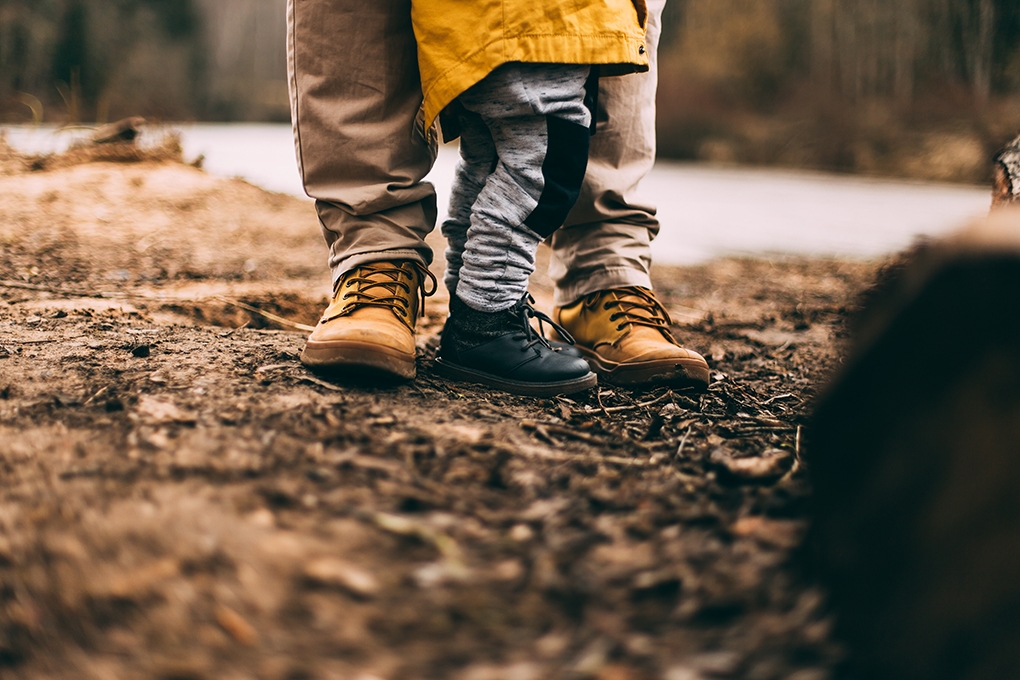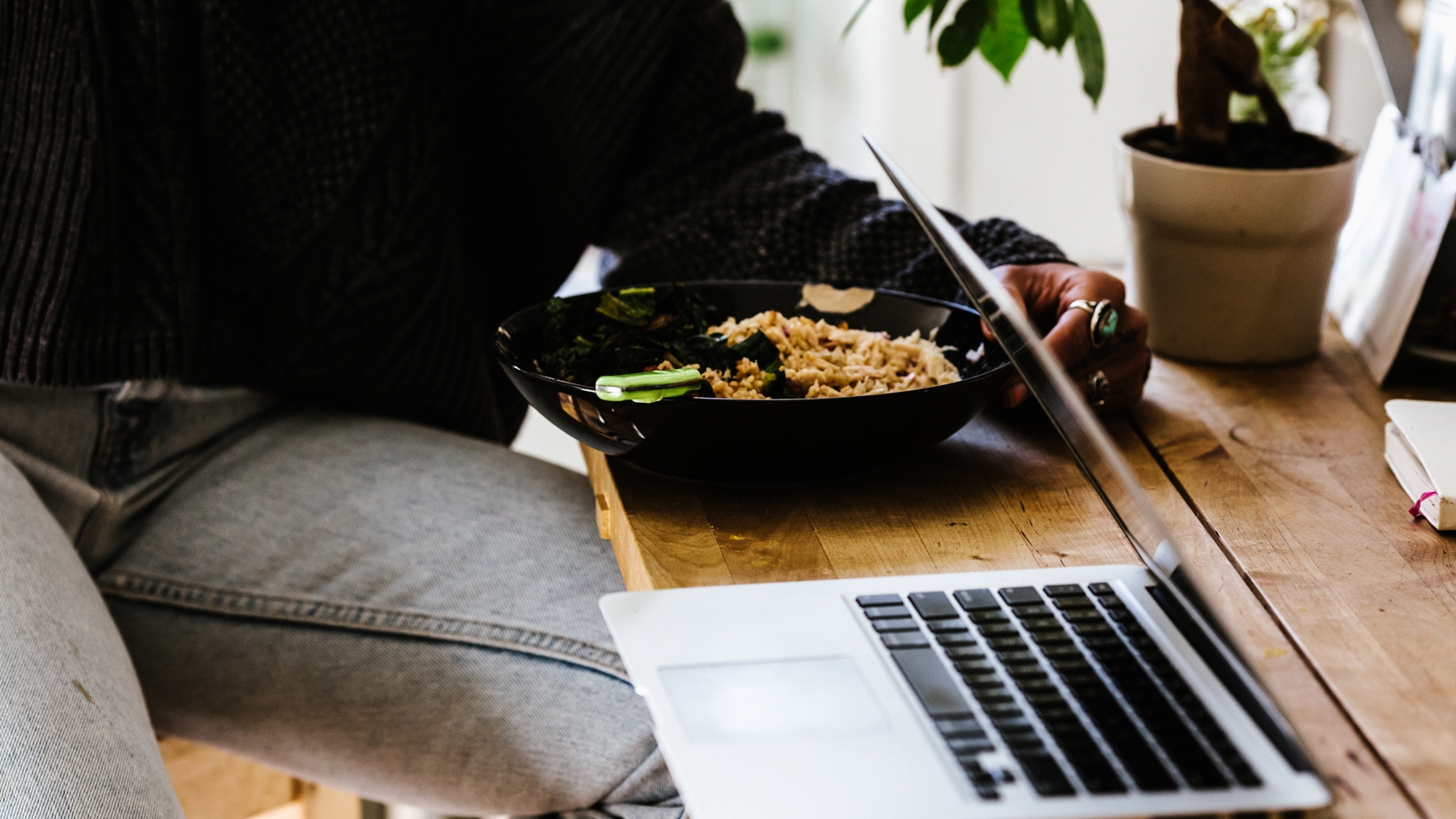
Have you ever had a family member or friend not understand where you are coming from or completely disregard your feelings? It can be an emotional sucker punch to the gut, and it hurts all the more because it comes from someone who (supposedly) loves and cares for you.
At one time or another, we all have felt overlooked, forgotten, or just not cared for by the people in our lives. Perhaps you do not know how to separate yourself from unhealthy people or the chaos that comes with engaging with manipulative behaviors.
Regardless of what we learned (or did not learn) from our families of origin, we can walk away from the chaos and crazy-making — we don’t have to let these situations hijack our emotional state. The key is to define and use boundaries.
I first came across the idea of boundaries in counseling. My therapist suggested I read the book Codependent No More. After it blew me out of the water, I moved on to the book Boundaries. And so began one of the most insightful lessons on the healing journey I have been on over the past five or six years of my life.
What exactly is a boundary?
It might help to think of a boundary as a property line — a way to define where we, and our responsibilities, begin and end. Physical boundary lines mark where another person’s yard starts and ends. Emotional boundaries work the same way — they provide safety, define healthy behaviors in relationships, and help us respond to unhealthy behavior.
It is your responsibility to care for your own yard, not the yard of your neighbor. Your responsibility ends where their yard begins. This boundary line helps keep you safe and from getting overly involved in their yard. Imagine if your neighbor awoke one morning to you chopping down their tree or painting their shed hot pink? They would freak out!
You alone are responsible for yourself and what is in your yard, and the same goes for anyone else. Emotional boundaries help us define and hold the same line in the context of a relationship — they help us take responsibility for only what is in our control, which is empowering, freeing, and makes us stronger.
Boundaries are:
- used to define the limits in relationships;
- important for building trust in relationships;
- a healthy response when someone hurts you;
- a way to stay safe and emotionally healthy;
- protection against repeated harm;
- life-changing tools that can be applied in all your relationships.
Boundaries are not:
- a method of forcing behavior;
- a way to control another person;
- used to emotionally disconnect or pull away;
- about manipulation of other people or situations;
- punishment;
- about taking responsibility for another person or their own issues.
Boundaries help us say, “I belong to me and you belong to you” — they help us retain our own freedom and the freedom of those we love. Their ultimate purpose is to set the tone for mutual respect and safety in a relationship.
My own healing work has been a lot around the topics of boundaries and codependency. Over the years there have been several tools I have found very helpful.
Stay emotionally ‘zipped-up’
My therapist taught me the trick of imagining I have invisible zipper on the inside of my body. Only I can control it, allowing how much I allow other people, their actions, and words to affect me. Learning to stay emotionally zipped-up has helped me navigate difficult relationships and people who otherwise would leave me feeling rattled or upset.
Check Yourself
In learning to practice holding boundaries in my daily life, I had a list of questions I would run down and ask myself when I found myself strongly responding to another person:
- Am I giving this person or situation more power than they deserve to control and upset me?
- What can I learn from this situation?
- What can I do differently in the future?
- Was I emotionally ‘zipped-up’ before engaging in this situation or with this particular person?
Identify the people or relationships you need boundaries around
Take some time to evaluate and look at all the different types of relationships in your life. Do some messy or chaotic relationships need boundaries? Do you tend to struggle with the same person in your life on issues that never get resolved?
Name the people or particular situation and then come up with a plan for how you will handle it in the future. Know ahead of time how you will choose to react when someone violates a boundary. Having a plan helps you navigate when things do not go as you wish.
Implement the boundary
Be very clear for yourself on what a specific boundary may look like. Writing them down and putting them in a place you will see them will help you stay focused on why this matters to you, especially if you start to get some pushback for a particular boundary.
If you can, share the boundary with individual you have an issue with — explain what line you are holding and why. For a variety of reasons, though, sometimes it is not safe to share your boundary. If that is the case, pull back and detach emotionally from the situation to keep yourself safe.
If there is some pushback, gently remind the other person boundaries are not about you trying to control him or her, but are your effort to keep you safe and emotionally healthy. Clearly and calmly re-state your boundary to provide clarity.
Boundaries have helped me learn to live a healthy emotional life. With work and the help of therapy, I have come to know myself better and have richer, more authentic relationships with the people in my life. I am more self-aware and confident. It is not easy work at all, but sometimes the situations that challenge us the most in life are just the things that lead to deeper healing and wholeness.
























